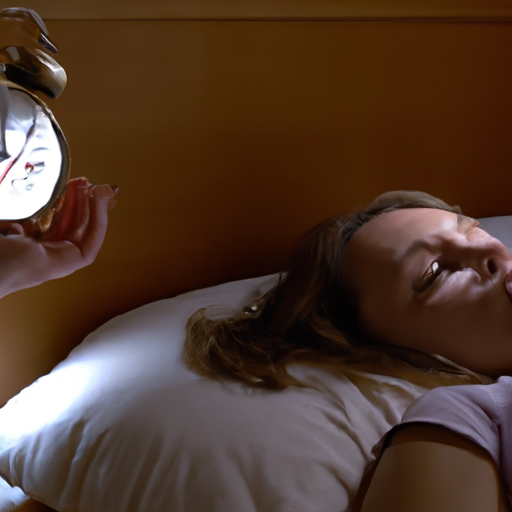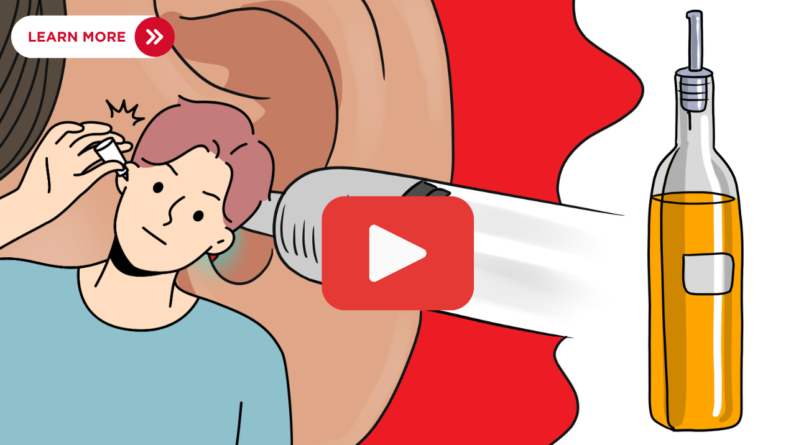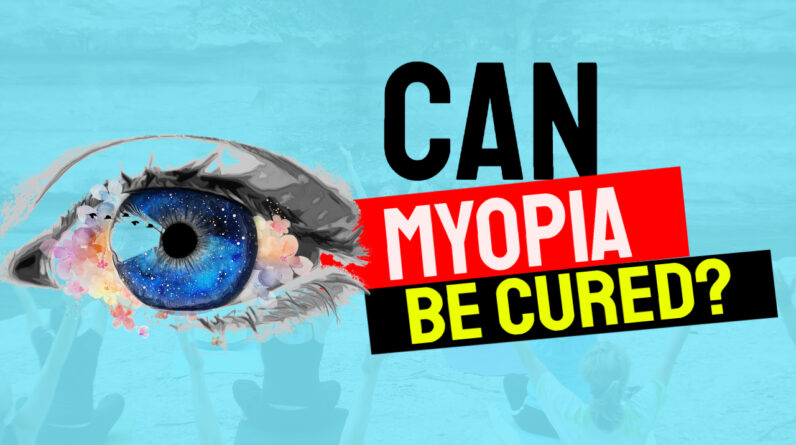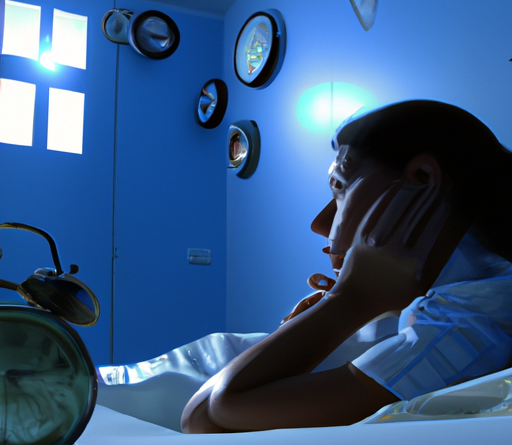
Have you ever found yourself lying awake at night, counting sheep or thinking about tomorrow’s to-do list? This could be caused by insomnia, a sleep disorder that affects many people’s quality of life. Insomnia is characterized by difficulty falling asleep, staying asleep or waking up too early. In this article, you’ll learn more about what causes insomnia and how it’s diagnosed.
Diagnosing insomnia isn’t always straightforward. It’s not like taking a test that gives you a definite “yes” or “no” answer. Instead, it requires an in-depth discussion about your sleep habits and medical history. Your doctor will ask you detailed questions about your sleep patterns, such as how often you have trouble sleeping and how it affects your daily life.
In some cases, your doctor might also suggest a sleep study, where your brain and physical activity will be monitored overnight. Don’t worry, this usually takes place in a comfortable, bedroom-like setting. With this comprehensive examination, your doctor can understand your sleep cycles better and figure out if there’s an underlying condition contributing to your sleep issues.
Remember, your sleep is crucial to your overall health and well-being. The more you know about what’s causing your night-time restlessness, the better equipped you’ll be to find a solution. So, stay tuned as we explore insomnia further and explain how it’s identified. Embrace the journey to better sleep, because yes, you deserve a good night’s rest.
Table of Contents
Understanding Insomnia
Definition of Insomnia
Insomnia is a sleep disorder that makes falling asleep, staying asleep, or gaining restorative sleep a struggle. Individuals with insomnia typically wake up feeling tired and may have difficulty functioning throughout the day.
Common Symptoms of Insomnia
Insomnia symptoms include difficulty sleeping, frequent waking during the night, waking up too early, not feeling refreshed after sleep, daytime fatigue, irritability, depression, and having difficulty focusing.
Types of Insomnia
There are two primary types: acute and chronic insomnia. Acute insomnia is short-term, often triggered by stressful situations. It can last for a few nights to a few weeks. Chronic Insomnia lasts for a month or longer and can be due to secondary factors like mental health issues, medication side effects, or health conditions.
Causes of Insomnia
Psychological Factors
Stress, anxiety, and depression can lead to insomnia. These psychological states amplify the brain’s alertness, making peaceful sleep difficult.
Medical Conditions
Chronic diseases like respiratory illnesses, cardiac ailments, chronic pain, or neurological conditions can cause insomnia.
Lifestyle and Sleep Habits
Excessive caffeine consumption, irregular sleep routines, prolonged electronic device use before bedtime, or a disruptive sleep environment can contribute to insomnia.
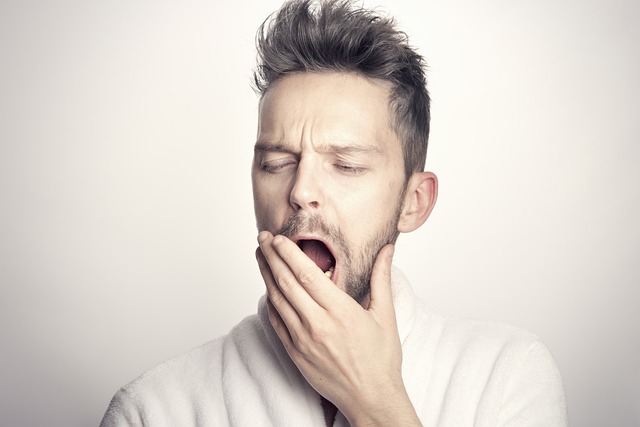
Effects of Insomnia on Health
Physical Health Risks
Insomnia can lead to significant physical health problems such as heart disease, diabetes, weakened immune function, and obesity.
Mental Health Risks
Your mental health can also be negatively impacted by insomnia, predisposing you to depression, anxiety, and reduced cognitive function.
Impact on Daily Life
Excessive daytime sleepiness due to insomnia can impact your productivity, job performance, personal relationships, and overall quality of life.
The Process of Diagnosing Insomnia
Initial Assessment
The first step in diagnosing insomnia is a comprehensive assessment including physical examination and in-depth discussion of your sleep habits, lifestyle, and existing conditions.
Physical Examination and Medical History
Your doctor may perform certain tests ruling out any underlying medical conditions causing insomnia. They will also assess your medical history to pinpoint potential causes.
Sleep Study and Evaluation
You may be asked to participate in a sleep study, where you’ll spend a night or two in a sleep laboratory. Your sleep patterns, body movements, and brain activity will be closely monitored.

Role of Sleep History in Diagnosis
Importance of Detailed Sleep History
A detailed sleep history is crucial since it provides your doctor with a snapshot of your sleep patterns and environmental factors affecting your sleep.
Common Sleep Habit Questions
You’ll be asked about your bedtime routine, sleep schedules, sleep disruptions, and daytime napping.
Analyzing Sleep Patterns
Your sleep patterns may also be analyzed for potential issues, such as sleep apnea or restless leg syndrome.
Sleep Diaries for Insomnia Diagnosis
Role of Sleep Diaries
Sleep diaries play an important role in the diagnostic process. They provide valuable insights into your sleep patterns, allowing your healthcare provider to pinpoint troubling habits or behaviors.
Recording Sleep-Wake Patterns
In your sleep diary, you’ll document your sleep and wake times, sleep quality, behaviors before and during sleep, and how you feel upon waking.
Using Sleep Diaries for Diagnosis
Often, patterns of insomnia or causes of sleep disruptions may emerge from this documentation, providing the information needed for a diagnosis.

Other Diagnosing Techniques
Sleep Questionnaires
Your doctor might also use validated sleep questionnaires to understand your sleep habits better.
Sleep Lab Tests
In certain cases, sleep laboratory tests may be recommended, where your sleep patterns, brain waves, breathing, heart rate, and eye and leg movements are monitored.
Psychomotor Vigilance Test
A Psychomotor Vigilance Test (PVT) may be done to assess your attention and reaction times, which can be influenced by sleep deprivation.
Treatment Options for Insomnia
Cognitive Behavioral Therapy
Cognitive Behavioral Therapy (CBT) focuses on changing negative thinking patterns and behaviors disrupting sleep, making it one of the most effective treatments for chronic insomnia.
Prescription and Over-the-Counter Medication
In some cases, prescription or over-the-counter sleep aids may be suggested. These are typically short-term solutions designed to help you regain more regular sleep patterns.
Natural and Alternative Therapies
Melatonin supplements, acupuncture, yoga, and meditation have all been reported as helpful in dealing with insomnia.
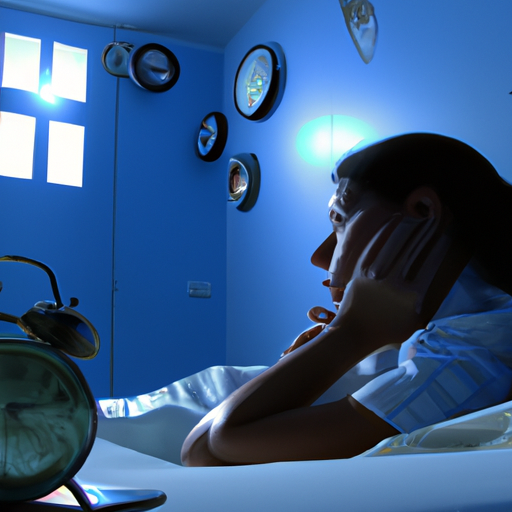
Prevention Strategies for Insomnia
Good Sleep Hygiene
Maintaining regular sleep schedules, creating a restful environment, and limiting exposure to screens before bed can promote healthy sleep habits.
Stress Management
Implementing stress management techniques like exercise, deep breathing, yoga, or massage can help in warding off insomnia.
Diet and Exercise
A balanced diet and regular exercise can contribute to improved sleep quality.
Conclusion
Importance of Early Diagnosis
Early diagnosis of insomnia helps in effective management and prevention of associated health risks.
Potential Impact of Treatment
Treatment can significantly improve the quality of life, energy levels, mood, and overall health.
The Ongoing Struggle with Insomnia
Insomnia continues to be a widespread issue. However, with a better understanding and appropriate interventions, this disorder can be effectively managed.
